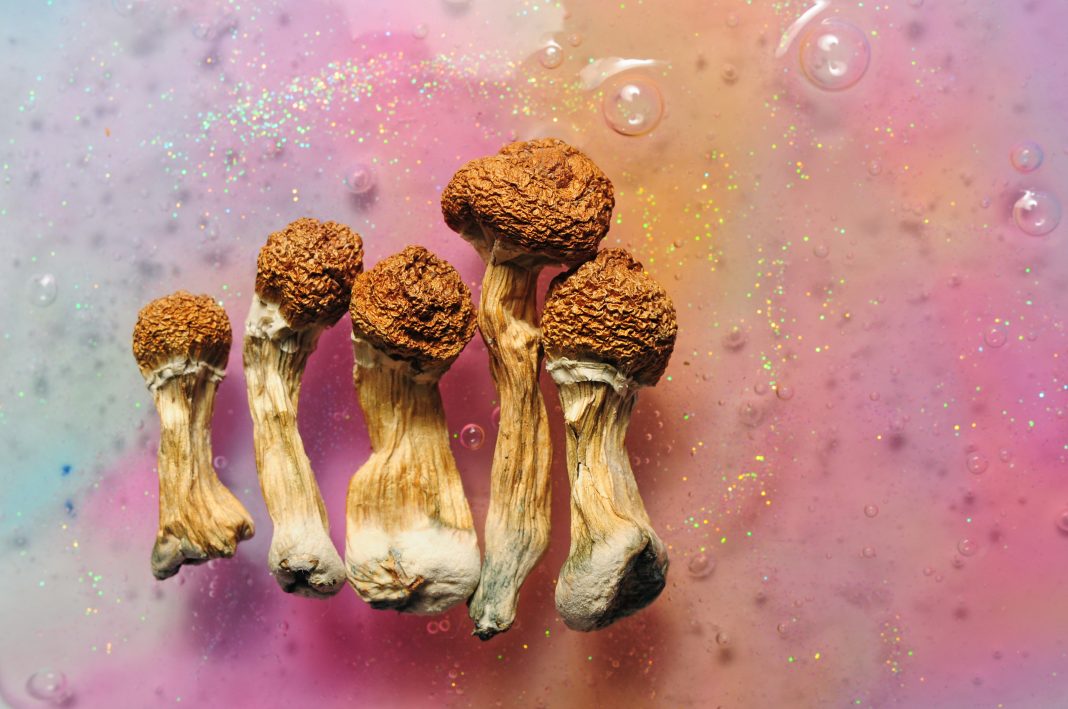Psychedelic drugs have recently been used to treat mental health disorders – now scientists find they can also provide better understanding into the attribution of consciousness
Psychedelic drugs, such as psilocybin – an ingredient found in magic mushrooms – have interesting effects commonly believed to provide unique insights into the nature of consciousness.
Often used to treat mental illness, psychedelics have shown promise in alleviating major depression and anxiety disorders when microdosed in patients.
What is the attribution of consciousness?
The attributes of consciousness include awareness or perception of an inward psychological or spiritual fact, and intuitively perceived knowledge of something in one’s inner self and the outer self also.
Questioning whether psychedelics can change the attribution of consciousness to a range of living and non-living things, a study reveals that higher ratings of mystical type experiences – which often include a sense that everything is alive – were associated with greater increases in the attribution of consciousness.
Dr Roland Griffiths, Professor in the Neuropsychopharmacology of Consciousness, said: “The topic of consciousness is a notoriously difficult scientific problem that has led many to conclude it is not solvable.”
“The topic of consciousness is a notoriously difficult scientific problem that has led many to conclude it is not solvable.”
Attributions of consciousness to a range of animate and inanimate things
In a new study by Johns Hopkins Medicine, published in Frontiers in Psychology, researchers analysed data from August 2020 and January 2021 on 1,606 people who have had a belief-changing psychedelic drugs experience.
Classic psychedelic drugs, which are the pharmacological class of compounds that includes psilocybin and LSD, can produce visual and auditory illusions and profound changes in consciousness, which can alter a person’s awareness of their surroundings and of their thoughts and feelings.
These substances produce unusual and compelling changes in conscious experience, which have prompted some to propose that psychedelic drugs may provide unique insights into the nature of consciousness itself.
Participants were on average around 35 years of age and were predominately white (89%), male (67%) and from the United States (69%) and completed an internet-based survey that included questions focused on belief changes attributed to a single psychedelic experience with a classic psychedelic substance (e.g., psilocybin mushrooms, LSD, ayahuasca).
Drugs can produce visual and auditory illusions which causes changes in consciousness
The survey also included questions about demographics, psychedelic use, personality, and scientific knowledge and attitudes, and found that among people who have had a single psychedelic experience that altered their beliefs in some way, there were large increases in attribution of consciousness to a range of animate and inanimate things.
The results found that from before to after the experience, attribution of consciousness to insects grew from 33% to 57%, to fungi from 21% to 56%, to plants from 26% to 61%, to inanimate natural objects from 8% to 26% and to inanimate manmade objects from 3% to 15%.
Dr Sandeep Nayak, postdoctoral research fellow at the Johns Hopkins Centre for Psychedelic and Consciousness Research and one of the researchers involved in the study, said: “This study demonstrates that when beliefs change following a psychedelic experience, attributions of consciousness to various entities tend to increase.
“It’s not clear why, whether that might be an innate drug effect, cultural factors or whether psychedelics might somehow expose innate cognitive biases that attribute features of the mind to the world.
Dr Griffiths, also founding director of the Johns Hopkins Center for Psychedelic and Consciousness Research, further said: “On average, participants indicated the belief-changing experience in question occurred eight years prior to taking the survey, so these belief changes may be long-lasting.
“The results suggesting that a single psychedelic experience can produce a broad increase in attribution of consciousness to other things, raises intriguing questions about possible innate or experiential mechanisms underlying such belief changes.”











